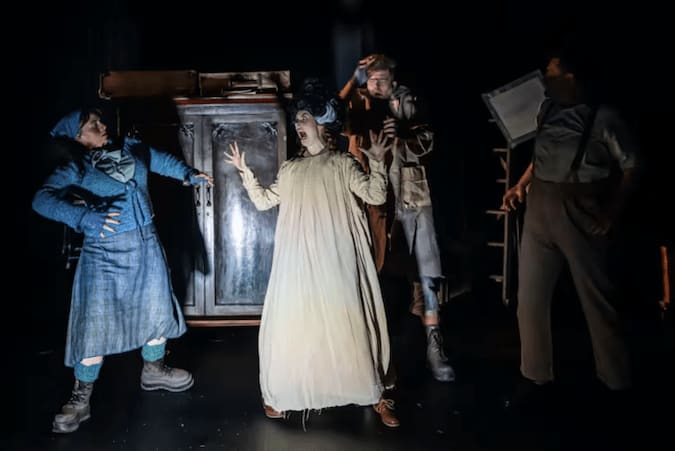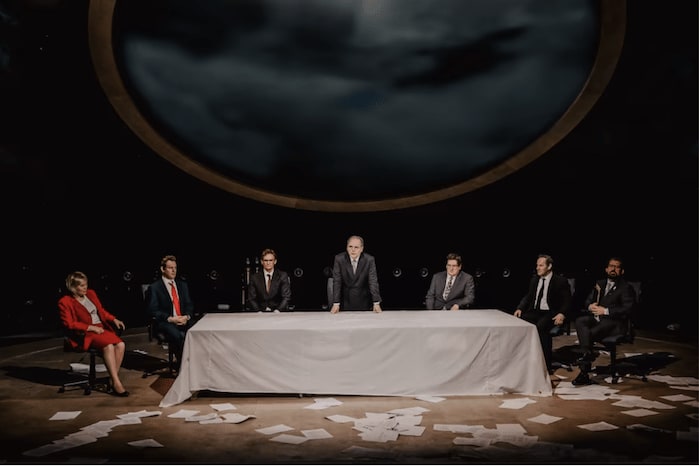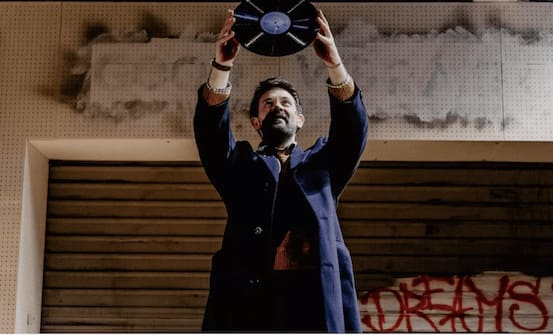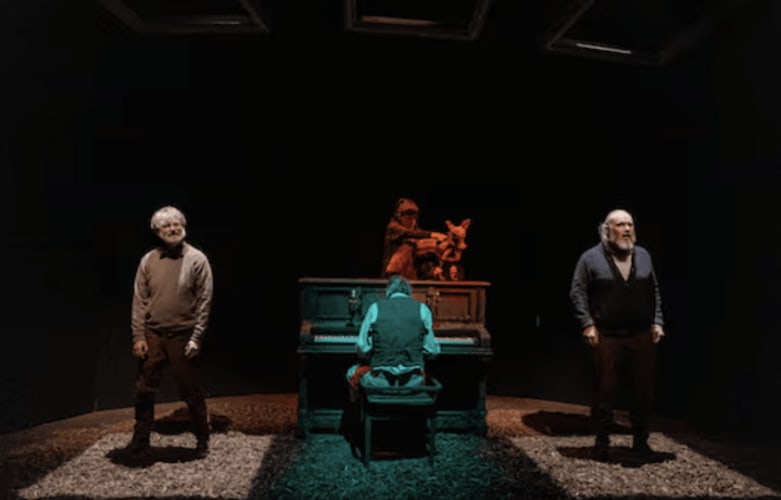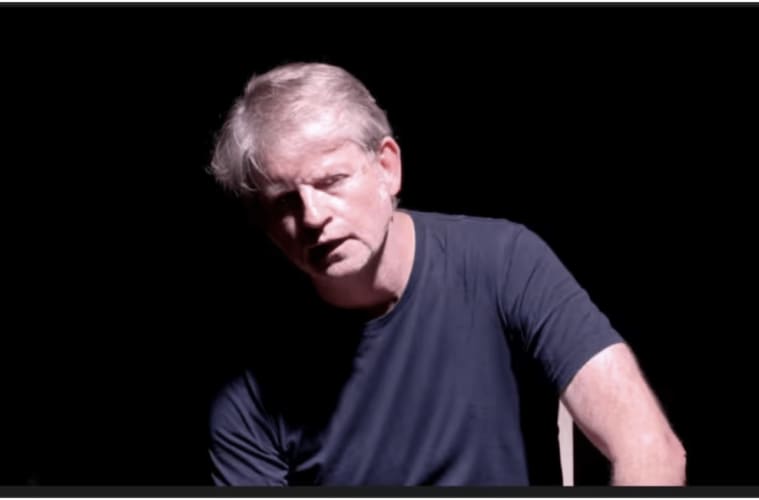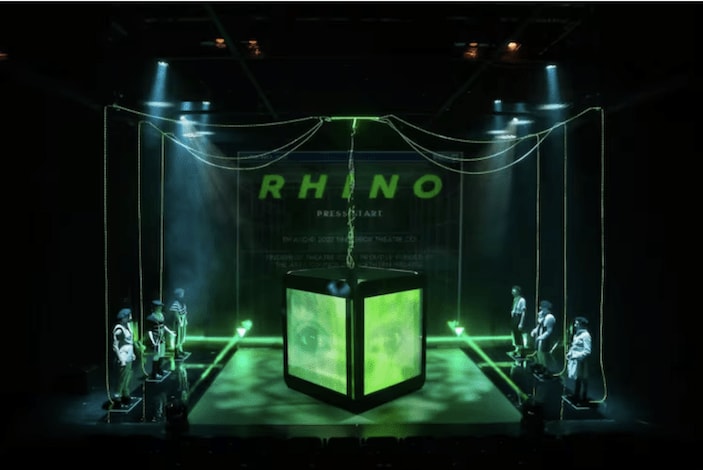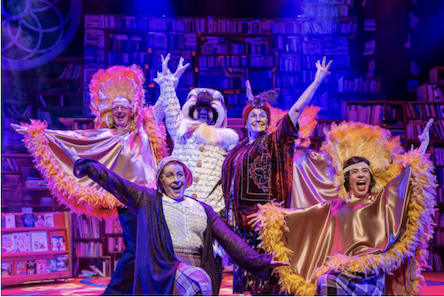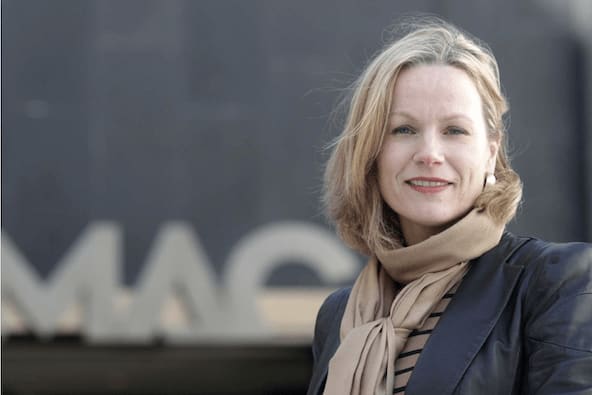The best of Northern Ireland's theatre in 2023
Northern Ireland’s theatre punched above its weight in 2023.
Belfast’s Lyric Theatre cemented its position as the region’s creative hub, its trophy cabinet swelled by a Theatre of the Year accolade (shared with London’s Bush Theatre) in the annual The Stage Awards. Executive Producer Jimmy Fay also found his way onto the prestigious The Stage 100 listing for the first time.
A brace of UK Stage Awards were duly added in a year that saw two of its shows receiving acclaimed New York transfers, alongside a London run and an all-Ireland tour. At year’s end, nominations for Lyric shows dominated Broadway World Ireland’s seasonal gong-giving.
Independent companies were hardly left in the shade. Working on shoestring budgets in a year that shamefully saw the 18th successive annual cut in arts funding, new work and all-round innovation underlined the health of a sector that, against the odds, is broadening theatre’s reach into new venues, communities and audiences.
Here, in chronological order, are my top 10 shows of 2023.
Returning from an award-winning New York run, Big Telly’s Frankenstein’s Monster is Drunk and the Sheep Have All Jumped the Fences married Gothic horror, Hollywood glamour and domestic banality in Zoë Seaton’s adroit adaptation and inventive staging. As I said at the time, “pitch black it may be in places, but it’s also wonderfully funny, thoughtful, intelligent and surprisingly moving”.
Marking the 25th anniversary of the Good Friday Agreement, Owen McCafferty’s masterly Agreement filtered political wrangling through private, personal dilemmas in the full glare of public attention. Charlie Westenra’s nuanced production was blessed by impeccable performances from a firing-on-all-cylinders ensemble, meriting a shout out to casting director Clare Gault. Dan Gordon’s John Hume was worth the price of admission alone. It returns to the Lyric in March prior to a New York run.
Political issues were also to the fore in Northern Ireland Opera’s Nobody/Somebody. Billed as a “teen/young adult opera”, Fionnuala Kennedy’s libretto (her first) and Neil Martin’s score alighted on a community campaign to reclaim industrial land in Belfast’s heartland for social housing. As compassionate as it was angry, it was a vital demonstration of opera’s capacity to be bitingly relevant.
A highlight of Northern Ireland’s first Deaf Arts Festival was Charis McRobert’s Expecting for c21 Theatre Company. Stephen Kelly’s production, with its integrated use of speech and sign language, Paula Clarke (herself profoundly deaf) and Eoghan Lamb’s personable performances as newly-expectant parents, abetted by Fergus Wachala-Kelly’s projected animations and Graeme Roger’s video design, all explored new and promising territory.
Director Des Kennedy’s exuberant revival of Colin Carberry and Glenn Patterson’s Good Vibrations, a warts-and-all portrait of local punk-era icon Terry Hooley, at Belfast’s Grand Opera House prior to a New York run, was a rousing reminder of good times and possibilities in the most difficult years of Thatcher and the Troubles.
Co-produced by the Lyric and Prime Cut Productions, Emma Jordan’s meticulous revival of Martin McDonagh’s The Beauty Queen of Leenane was favoured by Ciaran Bagnall’s gothic-accented set and fine performances all round that matched “the knowing verve of McDonagh’s multi-faceted script in which Sartre collides with Synge, banality with horror, romance with brute indifference”.
Intended for young and family audiences, Paul Bosco Mc Eneaney’s intimate staging for Cahoots NI of long-time collaborator Charles Way’s When We Were Wild was a sublime miniature. A parable of two brothers separated by temperament and bound together by the land—affectingly played by John Paul Connolly and Ruairi Conaghan—its impact was heightened by Helen Foan’s artfully animated puppets and Kyron Bourke’s empathetic score.
Conaghan took centre-stage for his autobiographical one-man play, Lies Where It Falls, a soul-bearing descent into the trauma languishing in wait from Troubles-era violence. As much a treatise on the emotional cost of an actor employing personal experience to invest his characters with reality, its unflinching honesty proved a powerful example of theatre as catharsis.
The most individual production of the year was Patrick J O’Reilly’s dazzlingly visual, video games-inspired revival of Ionesco’s Rhino for Tinderbox during the Belfast International Arts Festival. Committed performances and superb design and technical contributions inked in the playwright and director’s vision of a world turned inside out by its own self-polluting rhetoric as The Twilight Zone met The Matrix.
Stephen Beggs and Simon Magill’s The Night Before Christmas at The Mac brought the year to an end in “charming, colourful, delightfully silly, discreetly challenging” style. Buoyed by stunning design, sound, lighting, a tip-top cast and Lisa May’s slick, sure direction, it married festive homilies with a wider claim for the importance of the imagination with reassuring seasonal aplomb.
Kudos, too, to Galway-based Druid Theatre’s DruidO’Casey—Sean O’Casey’s ‘Dublin trilogy’. Seen at the Lyric, throughout Ireland, in London and New York, it was a highlight of the year deservedly winning director Garry Hynes a UK Theatre award. And to Belfast-based Cahoots’s The Vanishing Elephant and Kabosh’s Green and Blue which enjoyed well-received runs in New York and North America.
And a farewell to Anne McReynolds, formidable Chief Executive of Belfast’s The Mac, who shepherded the organisation from its former incarnation as the Old Museum Arts Centre (which she helmed from 1996) into its new, award-winning, £18 million city-centre home in 2012. Since then, and despite ever-decreasing public funding, she and it generated an estimated £14 million annually to the local economy.

